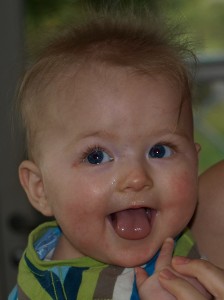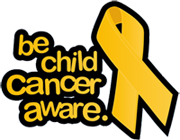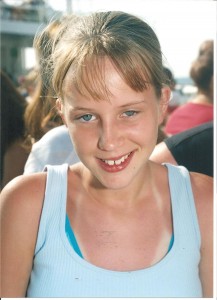CHILDREN
Approximately 1700 children a year in the UK alone will develop some form of cancer. That is 1 in every 500 children below the age of 15 years. Cancer in children does not mirror those found in adults. They behave differently, stuff are found in different areas of the body, recipe respond differently to treatments and also look different under a microscope.
of 15 years. Cancer in children does not mirror those found in adults. They behave differently, stuff are found in different areas of the body, recipe respond differently to treatments and also look different under a microscope.
When a child is diagnosed with cancer, anesthetist it has a huge impact on the entire family. Siblings, as well as the parents suffer along with the child that has the diagnosis. Everybody is uncertain of the future and this can bring about many different emotions and reactions. Childhood cancer has many difficult symptoms that your child will have to deal with, and on top of that they can also experience overwhelming fear.
Treatment can consist of Chemotherapy, Radiotherapy, Surgery, transplants and steroids. Some children will experience some of these, others will experience all of them. They are all harsh and can provoke different reactions in each child. These can range from aggression, insecurity, sickness, hair loss, rapid weight loss or weight gain, all of which are beyond the child’s control. It can make them become uncooperative, so upholding any kind of normal family life, education, routine and discipline can be immensely difficult. Treatment can last from 3 months to 3 years, and these all include lengthy stays in hospital, for treatment or visits for ongoing appointments.
School life and friendships can be affected, due to the big gaps in school attendance, caused by treatment, hospital stays or side effects from the treatment. This can also impact hugely on the child’s morale.
As if this isn’t a lot to contend with, growth and development can also be affected by radiotherapy. It can cause damaging side effects to the brain, including the pituitary gland, which stabilises the production of growth hormones. If localised to the spine then the child may not grow as tall as expected, and if it involves a limb, then that limb may be shorter than the other.
TEENAGERS
Being a regular teenager is quite a tough period in your child’s life. Significant body changes as they start developing into adults, pressures at school with exams, and forging their way as a more independent person.
Imagine then being a teen and receiving the diagnosis of cancer, with enough life experience and knowledge to understand just how devastating a disease cancer is.
They also have peers who will have a limited understanding of this, and sometimes through fear it can make them distance themselves from their friend at a time when support is needed most. This can negatively impact on the sufferers self esteem, and it can be physically and socially crippling. Facing an uncertain future filled with harsh and aggressive treatments, this can include amputation of limbs, as well as hair loss from the chemotherapy.
Like smaller children, their school work will suffer because of the treatment, and cancer doesn’t care if you are due to sit your exams, what your dreams and aspirations are, who it is you dream of becoming as you start to become an adult.
Social lives are affected at a time in their life when a social life is important. Plans can often be made, only to be cancelled through illness brought on by the treatment. It can often be demoralising as they watch their friends continue with their lives; start to fulfil their future plans and begin to carve out the adults they will become. A teen with cancer has had their life paused to fight what will probably be the biggest battle they will ever face. All this and knowing only too well that they are battling for a future that may be cruelly taken from them – facing death instead of facing a bright future.



